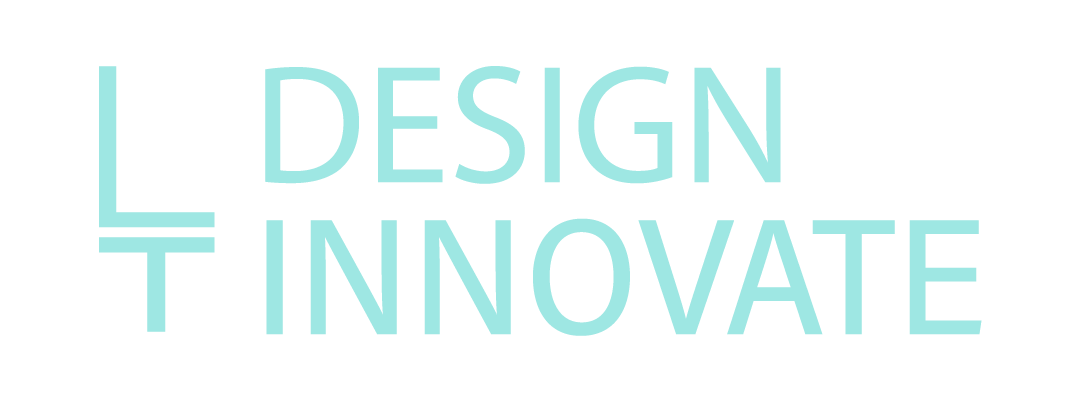Salena Burke
Powered By:


Design is an interdisciplinary field that artfully blends creativity, technical expertise, and problem-solving acumen to yield functional, aesthetically pleasing solutions while harmonizing with user needs. In this multifaceted world of design, creators contemplate ergonomic, functional, aesthetic, and user experience considerations during their crafting process.
Within the design landscape, professionals have an array of methodologies and frameworks at their disposal, encompassing human-centered design, design thinking, and agile design, to name a few. The overarching goal of design remains consistent: to birth products and experiences that are not just functional but embody a trifecta of utility, usability, and desirability. The aspiration is to exceed the expectations and fulfill the needs of those who interact with the design.
The fusion of design principles with immersive learning experiences emerges as a catalyst for innovation, particularly when it intersects with technology and education. This creative confluence opens doors to a world of possibilities, transcending conventional boundaries to usher in equitable and inclusive educational paradigms. Here, design's prowess lies in crafting environments that are both engaging and effective, thereby fostering learning that is accessible, immersive, and enduring.
In the dynamic realm where design converges with technology and education, innovation flourishes. This convergence offers a unique opportunity to bridge gaps in accessibility and inclusivity, ensuring that educational experiences cater to diverse learners. Design becomes a transformative force that reshapes the landscape of education by providing equitable access to knowledge and fostering an environment where every learner can thrive.
Design is a versatile discipline that harmoniously combines creativity, functionality, and user-centricity. It is through this lens that innovation thrives, particularly at the intersection of design, technology, and education. Here, design serves as a potent catalyst for change, driving equitable and inclusive educational experiences that empower learners to reach their full potential, regardless of their background or abilities. This fusion of disciplines holds the promise of revolutionizing education, making it accessible and enriching for all.
Legal
Integrating legal considerations into immersive learning spaces for children requires balancing the needs of children to learn and explore in a safe and protected environment while protecting their privacy and personal information.
When it comes to privacy, designers must consider the legal requirements of data protection, such as the EU's General Data Protection Regulation (GDPR), when creating digital products that collect, store, and use personal information. Designers must also ensure that their products are accessible to people with disabilities, which may require compliance with laws such as the Americans with Disabilities Act (ADA) in the United States.
Technology also significantly impacts the practice of law, as more and more legal processes are being automated and digitized. For example, using artificial intelligence and machine learning in legal research and document review is becoming increasingly common. Additionally, blockchain technology is being explored for its potential use in secure and transparent record-keeping for legal transactions and agreements.
The integration of law, design, and technology is complex and multifaceted, requiring close collaboration between professionals in these fields to create products and services that are both aesthetically appealing and legally compliant.
Education
A learning experience refers to acquiring knowledge, skills, values, beliefs, and habits through study, instruction, training, or research. It can be formal, such as in a classroom or training setting, or informal, such as through life experiences. In addition, a learning experience can be active or passive and involve various teaching methods and technologies.
A good learning experience should be engaging, interactive, and tailored to the learner's individual needs and learning styles. It should also provide opportunities for practice and application of new knowledge and skills. A good learning experience should be designed to be inclusive, equitable, and culturally responsive.
Technology can potentially create immersive and interactive learning experiences, such as virtual and augmented reality, gamified learning, and interactive simulations to increase cognitive load.
Immersive technology, such as virtual reality (VR) and augmented reality (AR), can provide a visceral experience for users by immersing them in a virtual environment that feels realistic and engaging.
VR, in particular, can provide a fully immersive experience, where users wear a headset that blocks out the physical world and replaces it with a computer-generated one. This can create a sense of presence and realism, making the experience more tangible. This can be used to simulate realistic experiences such as flying, deep sea diving, or space exploration, or even to simulate environments that are difficult or impossible to visit in real life.
AR, on the other hand, overlays digital information on the real world; it can also create a sense of immersion by allowing users to interact with digital information naturally and intuitively.
VR and AR can provide a visceral experience by stimulating the user's senses and creating a sense of presence in the virtual environment. It can be used to create simulations that are so realistic that they can evoke strong emotions, such as fear, joy, or wonder. This can be used to create powerful educational and therapeutic experiences, such as helping people overcome phobias or learn about climate change's impact.
TECHNOLOGY

Empowering Education: Beyond the One-Size-Fits-All Model
"Empowering Education: Beyond the One-Size-Fits-All Model" is your passport to a dynamic exploration of the evolving world of education. Join us in each episode as we break down the limitations of conventional learning systems and celebrate the diverse pathways to knowledge. Hosted by Salena Burke, this video podcast dives deep into the importance of personalized learning, inclusivity, and parental involvement in shaping the future of education. Whether you're a parent, teacher, student, or education enthusiast, tune in to discover innovative practices and inspiring stories that are reshaping the way we teach and learn, all in the pursuit of a more equitable and empowering educational experience. Embark on this transformative journey with us!



